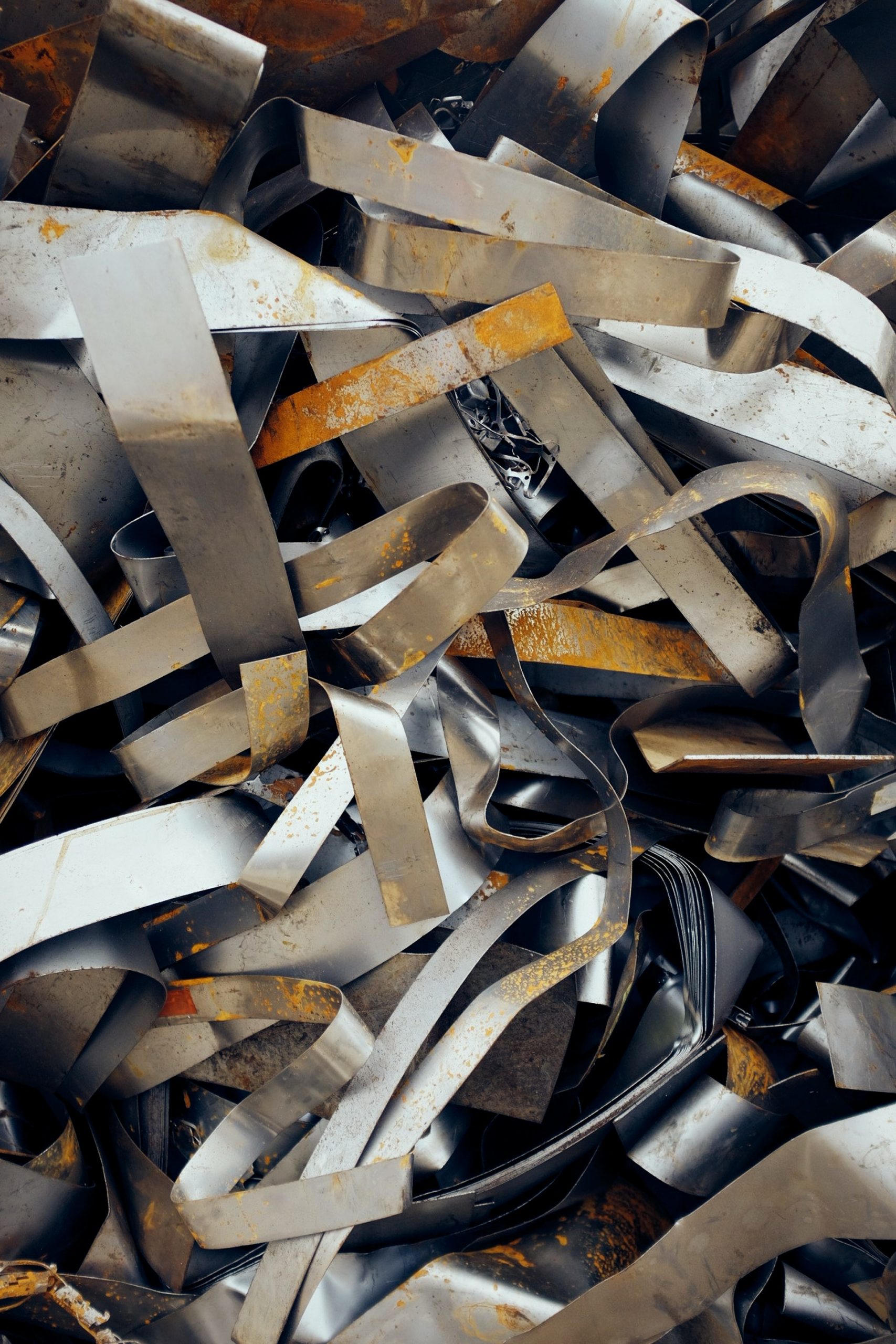The UK steel industry could boost its decarbonisation drive by introducing its own carbon border adjustment mechanism – preferably aligned with the CBAM being elaborated in the European Union – and curbing ferrous scrap exports, two independent UK think tanks said in separate reports published July 11.
GreenAlliance, a think tank composed of specialists from Lund University, University of Leeds and University College London, with research supported by Liberty Steel Group, proposes in its report “Building the future: a faster route to clean steel” that the UK should adopt its own CBAM or product standards for imported steel, to prevent UK producers being undercut by cheap imported steel and to help ensure that imports are low-emission.
The UK steel industry produces 7.2 million mt/year of crude steel, around 70% of the UK’s annual requirement of 10.5 million mt, according to steelmakers’ association UK Steel.
“Carbon pricing alone will not deliver industrial decarbonisation in steel or any other sector,” GreenAlliance said in its report. “A CBAM would place a carbon price tariff on goods imported to the UK, ensuring a level playing field for domestic and imported steel goods. Import product standards would do the same by specifying the maximum embedded emissions allowable for steel products, thus restricting the import of steel produced with high carbon processes,” it claimed.
As both of these approaches limit the risk of carbon leakage, they would allow free allocations in the UK Emissions Trading System to be removed much more rapidly than would otherwise be feasible without hindering domestic competitiveness, GreenAlliance maintains. If revenues from the UK ETS and CBAM were routinely fed back into support for industrial decarbonization, this would help to speed up the transition, it claims.
Blue Bright, another thinktank with research also supported by Liberty Steel Group, recommends introduction of a CBAM by or before 2026 while phasing out free allocation from the UK ETS for sectors covered by the CBAM.
“The UK ETS could play an important role in supporting commercial clean steel production, but existing provisions for free allocation undermine the carbon price signal for Energy Intensive Industries,” it said in its “A carbonless crucible? Forging a UK clean steel industry” report. “We therefore urge the current Government to establish a UK CBAM linked to the UK ETS.”
Scrap export limits
Both reports also call for a curb on the UK’s steel scrap exports to support decarbonization domestically. The country is one of the largest exporters worldwide, exporting much of the more than 11 million mt/year scrap that it generates, much of which is poor quality in need of further processing.
Incentives are needed for the domestic retention of scrap steel to ensure a higher quality scrap supply for domestic producers and enable a lower carbon, more circular UK steel industry, better protected against global supply chain shocks, the GreenAlliance report says.
“Rapidly shifting more UK steelmaking towards electric production, using scrap steel and electric arc furnaces, would offer guaranteed emissions reductions in the short term. Expanding EAFs would also allow the UK to maintain a level of ore-based production in future, based on the hydrogen direct reduction process,” it continued.
According to GreenAlliance, the UK is better placed than most countries to expand EAF steel production as it produces more scrap each year than virgin steel. “With the right incentives and standards to encourage higher quality scrap processing and a domestic scrap market, a more resilient and resource efficient steel sector could be created,” it said.
The Blue Bright report recommends enabling access to suitable raw materials for decarbonization, particularly scrap steel. It notes that every ton of scrap steel recycled back into crude steel in an EAF reduces emissions by up to 90% compared to conventional blast furnace steelmaking from iron ore.
“However, a balance does need to be struck between reducing exports of scrap that might otherwise be recycled in the UK and maintaining the basic value of scrap so as not to jeopardise investment in scrap collection and processing infrastructure,” it said.
July monthly contracts in the UK domestic scrap market settled upwards on the month for the third consecutive month across the grades as strong international demand for premium grades supported increases, sources said.
Platts’ assessment of 3B shredded scrap was GBP327.50/mt ($389.36) delivered to the mill on July 9, up on the month from GBP305/mt delivered in June.
UK yards selling shredded material sold for containerized export were heard to target as high as GBP 340/mt EXW yard, with sources citing a quality differential between domestic and export material.
Blue Bright recommends that a cap is introduced on the total weight of scrap metal exports – reducing over time – with the intention of at least halving scrap exports by 2030. The UK has recently exported more than 8 million mt/year of scrap.
GreenAlliance recommends adoption of a joint government-industry target of at least 85% reduction in total UK steelmaking emissions by 2035 (relative to 2019 levels). This is aligned with the Climate Change Committee’s recommendation for near zero ore-based steelmaking by 2035, and could be achieved using a combination of electrification and hydrogen direct reduction processes, it said. Domestic scrap usage would also need to be more than doubled from 2.6 million mt/year at present to 6.8 million mt/year, it said.
— Diana Kinch






